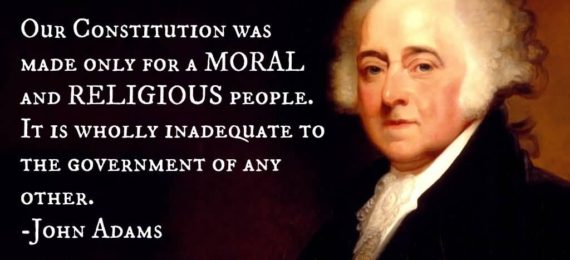WASHINGTON (AP) — In the case of the cursing cheerleader, the Supreme Court notched a victory for the free speech rights of students Wednesday, siding with a high school student whose vulgar social media post got her kicked off the junior varsity squad.
The court voted 8-1 in favor of Brandi Levy, who was a 14-year-old freshman when she expressed her disappointment over not making the varsity cheerleading team with a string of curse words and a raised middle finger on Snapchat.
Levy, of Mahanoy City, Pennsylvania, was not at school when she made her post, but she was suspended from cheerleading activities for a year anyway. In an opinion by Justice Stephen Breyer, the high court ruled that the suspension violated Levy’s First Amendment freedom of speech rights. Justice Clarence Thomas dissented, noting he would have upheld the suspension.
The justices did not foreclose schools from disciplining students for what they say off campus, though they did not spell out when schools could act. An earlier federal appeals court ruling in this case would have barred public schools from punishing off-campus speech.
Despite ruling in Levy’s favor, Breyer wrote that “we do not believe the special characteristics that give schools additional license to regulate student speech always disappear when a school regulates speech that takes place off campus. The school’s regulatory interests remain significant in some off-campus circumstances.”
The case drew extra interest at a time of remote learning — because of the coronavirus pandemic — and a rising awareness of the harmful effects of online bullying.
The decision was a strong endorsement of students’ right to speak freely, which the court first expressed more than a half century ago in defending armbands worn by high school students in protest of the Vietnam War, said Abner Greene, a constitutional law professor at the Fordham University School of Law in Manhattan.
“Students can engage in all kinds of critical or dissenting commentary, whether about the Vietnam War or the student cheerleading team, without losing their free speech rights. And it doesn’t matter where they say it,” Greene said.
The case arose from Levy’s posts, one of which pictured her and a friend with raised middle fingers and included the repeated use of a vulgarity to complain that she had been left off the varsity cheerleading squad.
“F——— school f——— softball f——— cheer f——— everything,” she wrote near the end of her freshman year, from a local convenience store, on a Saturday. Now 18, Levy recently finished her first year of college.
Levy’s parents filed a federal lawsuit after the cheerleading coach learned of the posts and suspended her from the junior varsity team for a year. Lower courts ruled in Levy’s favor, and she was reinstated.
The school district appealed to the Supreme Court after the broad appellate ruling that said off-campus student speech was beyond schools’ authority to punish.
The dispute is the latest in a line of a cases that began with Tinker v. Des Moines, the Vietnam-era case of a high school in Des Moines, Iowa, that suspended armband-wearing students. In a landmark ruling, the Supreme Court sided with the students, declaring they don’t “shed their constitutional rights to freedom of speech or expression at the schoolhouse gate.”
The court also held then that schools retained the authority to restrict speech that would disrupt the school environment.
Wednesday’s ruling basically adopted the reasoning of Judge Thomas Ambro of the 3rd U.S. Circuit of Appeals in Philadelphia. Ambro agreed with the other two judges who decided Levy’s case that the suspension was unwarranted, but only because what she did was not disruptive either to the cheerleading team or school.
Breyer wrote that Levy’s case seemed less serious than its Vietnam-era predecessor.
“It might be tempting to dismiss B. L.’s words as unworthy of the robust First Amendment protections discussed herein. But sometimes it is necessary to protect the superfluous in order to preserve the necessary,” he wrote, using Levy’s initials because that was how she was identified in the original lawsuit. Levy has granted numerous interviews allowing her name to be used.


